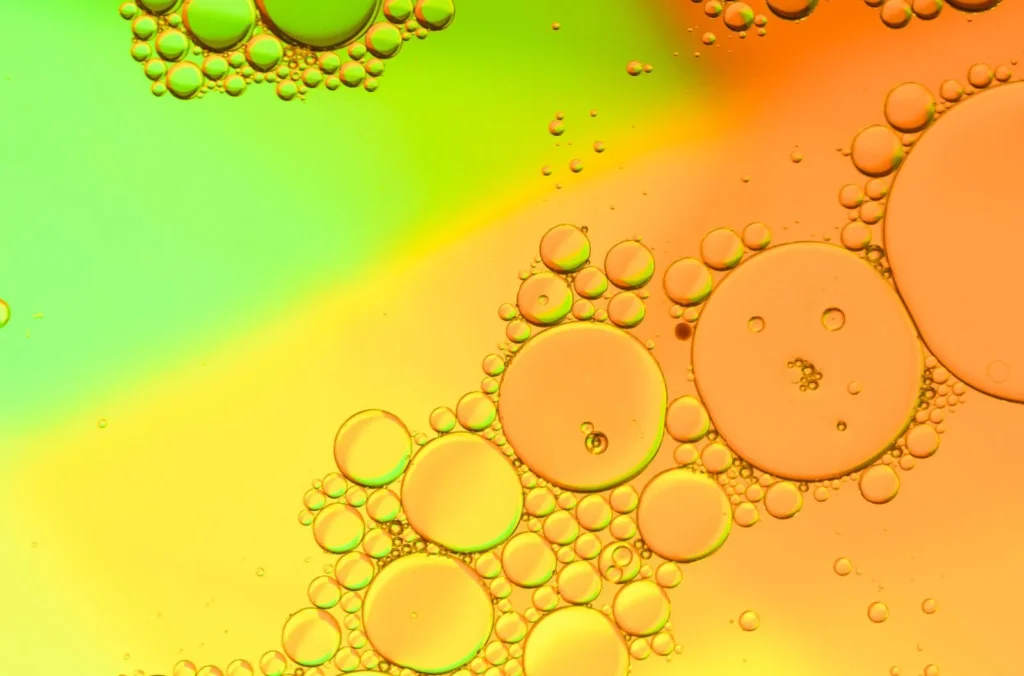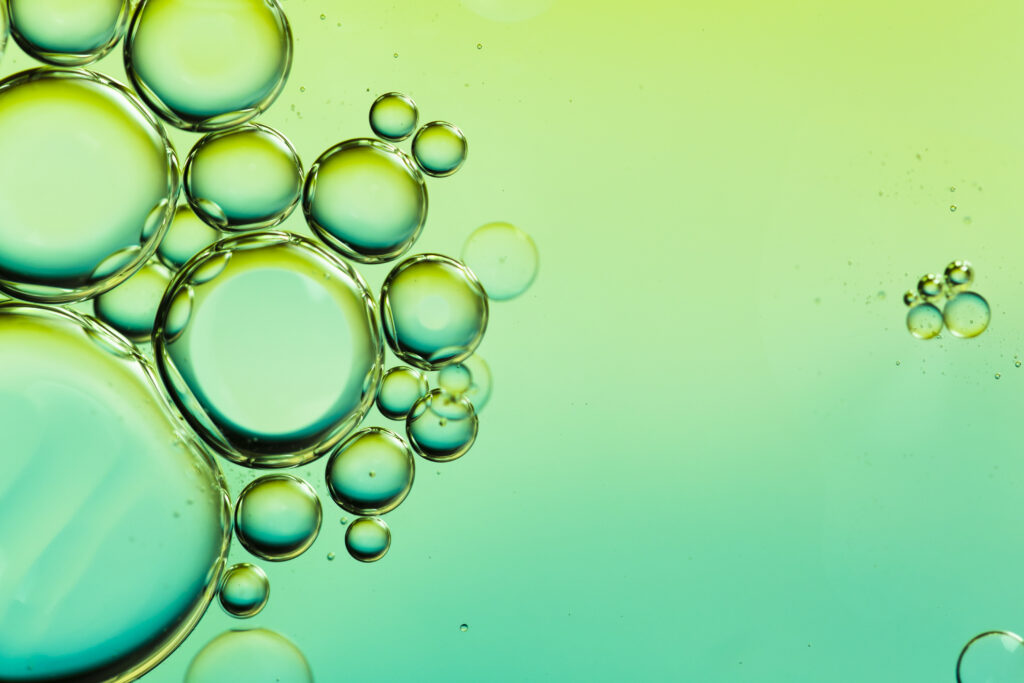The Importance of Defoamers in Industrial Processes and Applications
The Importance of Defoamers in Industrial Processes and Applications
Blog Article
The Function of Defoamers in Enhancing Item High Quality and Performance
Defoamers serve as necessary ingredients that mitigate this problem, making sure smoother manufacturing operations while enhancing the aesthetic and practical attributes of the last items. The selection of the appropriate defoamer can be crucial to accomplishing ideal results, increasing crucial concerns regarding formula compatibility and efficiency metrics that merit additional exploration.
Recognizing Defoamers
Recognizing the duty of defoamers is crucial for keeping item top quality throughout numerous sectors. Defoamers are chemical ingredients made to lower and protect against the development of foam in fluid systems, which can negatively impact procedures such as mixing, filling, and surface tension. Foaming can result in ineffectiveness, product problems, and compromised aesthetic appeal, making defoamers a vital element in making procedures.
In commercial applications, defoamers help to boost product uniformity and stability. The efficient use of defoamers not just ensures smoother manufacturing processes yet also adds to superior item efficiency.
Furthermore, the option and formula of a defoamer have to line up with details application demands, such as compatibility with various other ingredients, performance under varying temperature and pH problems, and potential regulative constraints. Eventually, understanding defoamers' functions and their relevance in various formulas is crucial for enhancing production and making certain the finest quality final product.
Kinds of Defoamers
Defoamers can be classified into a number of kinds based upon their make-up and system of activity. The primary kinds include silicone-based, non-silicone organic, and not natural defoamers.
Silicone-based defoamers are amongst one of the most effective, mainly because of their capability to spread out promptly on the fluid surface area and disrupt foam formation. Their distinct chemical structure permits remarkable security, making them ideal for high-temperature applications and settings with differing pH degrees.
Non-silicone natural defoamers, frequently composed of natural oils or fatty acids, are valued for their biodegradability and lower toxicity. These are generally utilized in food and beverage applications where safety and environmental impact are paramount.
Inorganic defoamers, that include substances like talc or calcium carbonate, act by raising the thickness of the fluid, consequently lowering foam security. They are commonly used in industrial processes where compatibility with various other products is not a problem.
Each sort of defoamer has distinctive benefits and restrictions, enabling tailored solutions depending on the details frothing concerns experienced in various applications. Understanding these distinctions is critical for maximizing performance and achieving wanted item quality.
Applications Throughout Industries
Numerous industries take advantage of defoamers to improve item high quality and operational efficiency. In the food and beverage market, defoamers are vital in processes such as developing and dairy products manufacturing to stop foam formation, which can bring about ineffectiveness and product variance. By controlling foam, makers can guarantee much better return and a more consistent product.
In the pharmaceutical market, defoamers play an important function in the solution of liquid medicines, where extreme foam can restrain blending and exact application. Their use assists keep the stability of the formulations and assists in smoother production procedures.
The paint and coatings market additionally depends on defoamers to boost the performance of products throughout application. By minimizing foam, these additives make certain a smoother finish and improve the visual top qualities of the final product.

Advantages of Making Use Of Defoamers
While the application of defoamers differs throughout markets, their benefits regularly enhance product top quality and procedure performance. One substantial benefit is the reduction of foam development throughout producing processes, which can otherwise result in production hold-ups and inconsistencies in product quality. By reducing foam, defoamers enable a smoother flow of materials, helping with much more effective operations and minimizing the probability of tools malfunctions.
Furthermore, making use of defoamers can enhance the appearance and appearance of final items. In markets such as coatings, paints, and food processing, extreme foam can endanger the aesthetic aesthetics and general top quality, while the proper defoamer application makes sure a consistent surface and preferable characteristics. Furthermore, defoamers can contribute to set you back savings by decreasing waste during production and enhancing making use of basic materials (defoamers).

Picking the Right Defoamer
Picking the right defoamer is critical for optimizing production processes and making sure product quality. The option of defoamer affects not just the performance of foam control yet likewise the overall efficiency characteristics of the last product. Factors to consider include the kind of application, the chemistry of the formula, and the environmental conditions under which the item will certainly be used.
Various markets might need check my site certain defoamer kinds, such as silicone-based, organic, or polymeric defoamers. Comprehending the compatibility of the defoamer with the key active ingredients is important to stay clear of adverse responses that might jeopardize item honesty. Additionally, the defoamer's performance in numerous temperature levels and pH levels need to be assessed to make sure constant efficiency.
Testing the defoamer in small applications can provide beneficial insights right into its performance and suitability. Factor to consider of governing compliance, specifically in food, pharmaceuticals, and cosmetics, is extremely important in picking a defoamer. Inevitably, a comprehensive analysis of these factors will result in the option of a defoamer that not just regulates foam effectively yet additionally enhances the top quality and efficiency of the end product.
Verdict

In final thought, defoamers are crucial additives that substantially enhance product top quality and performance throughout numerous sectors. By effectively reducing foam formation, these agents not only improve operational effectiveness however additionally add to the visual and useful honesty of items. The basics critical option and application of defoamers bring about set you back financial savings, maximized source usage, and raised consumer satisfaction. Overall, the significance of defoamers in industrial processes can not be overemphasized, as they play a vital role in attaining regular and top quality outcomes.
Lathering can lead to inefficiencies, item flaws, and jeopardized aesthetic allure, making defoamers an essential element in making operations.

Report this page